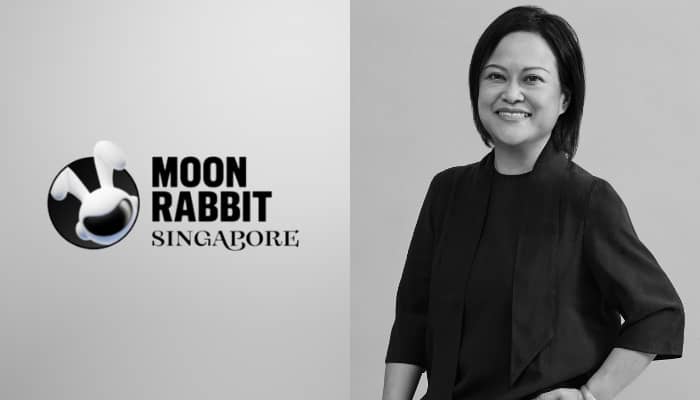Kuala Lumpur, Malaysia – Mastercard, a technology company in the payments industry, and beverage brand Ribena Malaysia has collaborated to reward customers through the Mastercard Gamer Exchange.
The partnership rewards gamers through the platform when they purchase eligible Ribena products. Each purchase allows customers to earn points on the Mastercard Gamer Exchange platform, which can be redeemed for gaming credits.
Customers can exchange gaming credits using Ribena products starting Oct. 1, 2024.
Ribena Malaysia is the first consumer goods partner to be on the Mastercard Gamer Exchange platform.
The gaming industry has been rapidly growing with more people calling themselves gamers globally. In Malaysia, revenues from gaming are predicted to hit US$650 million this year. Consequently, technology has constantly been adapting for more suitable devices and increased internet coverage for gaming.
In response to these trends, Mastercard developed the gamer exchange platform to change the rewards programs in the market. Brands can integrate the Mastercard Gamer Exchange into their reward programs’ applications or websites.
Additionally, Mastercard Gamer Exchange allows users to redeem their points in small amounts. This means that gamers do not have to accumulate large quantities of points before they can redeem gaming credits.
“As the #1 blackcurrant drink in Malaysia, Ribena is constantly looking at innovative ways to connect with a new generation of consumers and to ensure that our valued consumers have a rewarding and enjoyable moment. This partnership with Mastercard brings that purpose to life – with Ribena, gaming enthusiasts now get to enjoy that unparalleled Ribena blackcurrant taste, whilst rewarding themselves with gaming credits,” Rodney Tan, marketing director for Suntory Beverage and Food Malaysia, said.
“Mastercard has always aimed to connect people with their passions, such as sports, arts, music, and gaming. Mastercard Gamer Exchange – the world’s first reward points conversion engine for gaming credits – was conceived with the vision of bridging our partners’ loyalty programs with the global gaming community,” Kaveri Khullar, senior vice president for consumer marketing & sponsorships of Asia-Pacific at Mastercard, said.
“With one simple, seamless solution, Mastercard Gamer Exchange establishes an entirely new category in rewards redemption, giving gaming enthusiasts a novel way to add gaming credits; offering game publishers and developers a new distribution channel – one that didn’t exist before; and providing brand partners with a fresh approach to connect meaningfully with this fast- growing demographic,” Khullar added.
“The partnership between Mastercard and Ribena, one of the most beloved consumer brands in Malaysia, is a gamechanger in consumer engagement. Mastercard is excited to be working with Ribena to help them deepen their engagement with this diverse audience. Mastercard Gamer Exchange is a recognition that gaming is a popular passion globally and specifically in Southeast Asia, and that rewarding gamers means rewarding an incredibly broad demographic of consumers and creating something meaningful for them,” Dheeraj Raina, vice president and head of marketing and communications of Southeast Asia at Mastercard, said.
Digital financial services platform Atome has also partnered with Mastercard, entitling Atome card holders in the Philippines to earn gaming credits.










